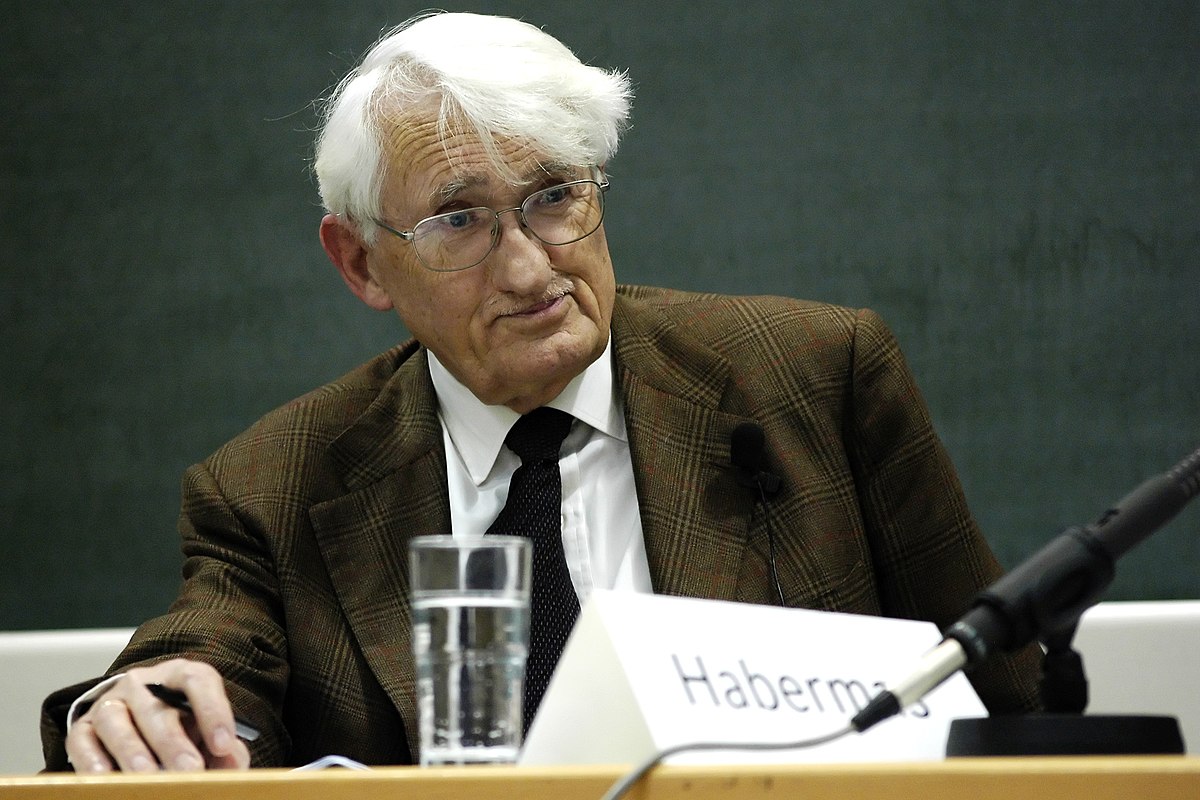What "religious people" do is to make a blind guess about the REALITY of existence.
Right. A blind guess, not based on solid evidence. Like I mentioned above (invisible creatures in your coffee), you are equating a position for and against the existence of gods as equal. I think that is flawed reasoning. We shouldn't take a neutral position about every claim.
As I mentioned... Extraordinary claims require extraordinary evidence. If I come home and my front door is open and my neighbor says "I was sitting outside this morning and I saw a leprechaun walk up to your door, pick the lock and open it", I'm not going to take a position of "well... maybe, maybe not". Apply that same reasoning to a belief in gods and religion all but disappears.
[/QUOTE]
Okay, so you blindly guess there are no gods...and you want to pretend you are motivated by something else.
No problem.
Lots of atheists do that same thing.
And I happen to find that amusing.
We're both doing our thing.
[/QUOTE]
What "religious people" do is to make a blind guess about the REALITY of existence.
Right. A blind guess, not based on solid evidence. Like I mentioned above (invisible creatures in your coffee), you are equating a position for and against the existence of gods as equal. I think that is flawed reasoning. We shouldn't take a neutral position about every claim.
As I mentioned... Extraordinary claims require extraordinary evidence. If I come home and my front door is open and my neighbor says "I was sitting outside this morning and I saw a leprechaun walk up to your door, pick the lock and open it", I'm not going to take a position of "well... maybe, maybe not". Apply that same reasoning to a belief in gods and religion all but disappears.
[/QUOTE]
Okay, so you blindly guess there are no gods...and you want to pretend you are motivated by something else.
No problem.
Lots of atheists do that same thing.
And I happen to find that amusing.
We're both doing our thing.
[/QUOTE]
You keep writing "blind guess." You really should not spend your time pretending to debate.

